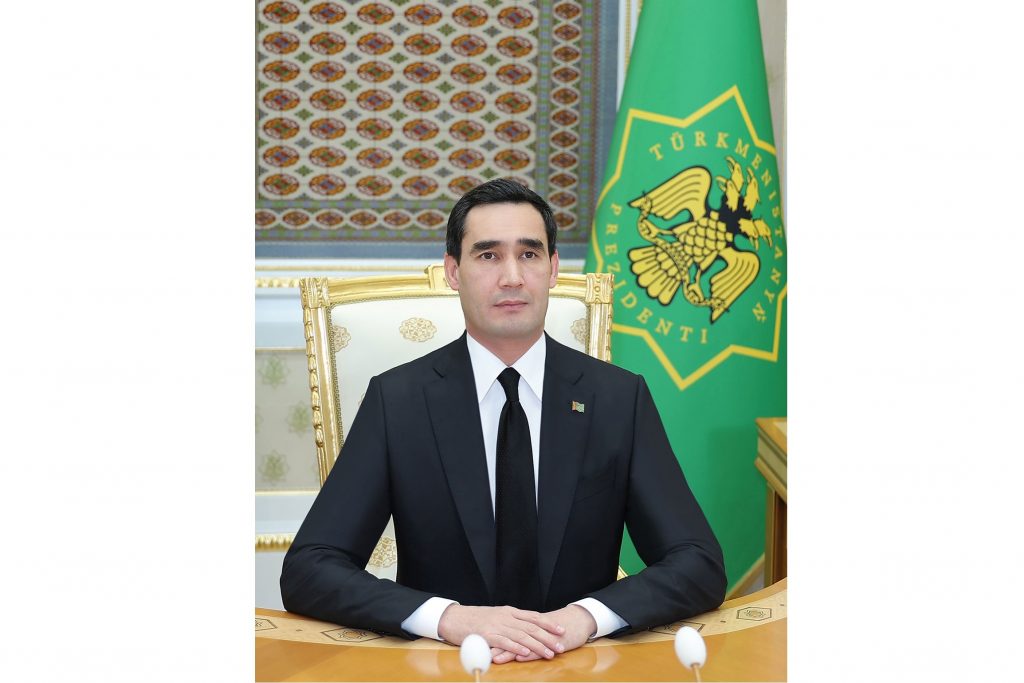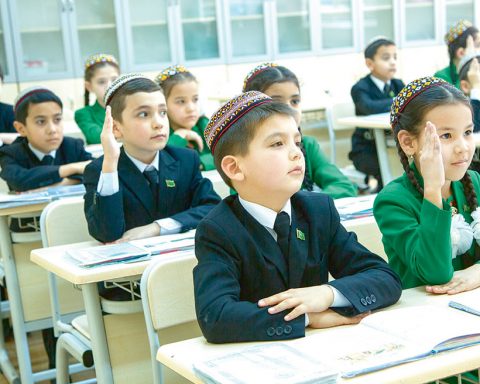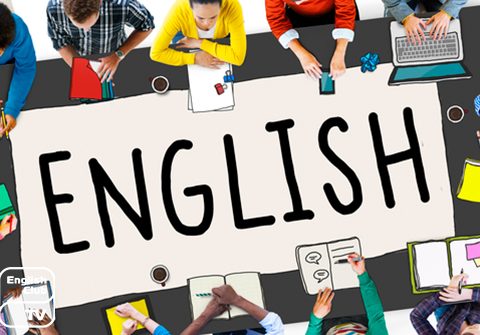In recent years, personalized learning has emerged as a transformative approach in education, aiming to tailor instruction to individual students’ needs, strengths, and interests. Unlike traditional one-size-fits-all methods, personalized learning leverages technology and data to create customized learning experiences. This approach not only enhances student engagement but also promotes deeper understanding and retention of knowledge. By allowing students to progress at their own pace, personalized learning addresses diverse learning styles and helps close achievement gaps.
One of the key components of personalized learning is the use of adaptive learning technologies. These tools analyze students’ performance in real-time and adjust the difficulty of tasks accordingly. For example, if a student struggles with a particular concept, the software provides additional practice and resources until mastery is achieved. Conversely, students who excel can move on to more challenging material without waiting for their peers. This dynamic adjustment ensures that all students are appropriately challenged and supported, fostering a more inclusive and effective learning environment.
Moreover, personalized learning empowers teachers to become facilitators and coaches rather than mere transmitters of information. With access to detailed analytics and insights, educators can identify students’ strengths and areas for improvement more accurately. This data-driven approach enables teachers to provide targeted interventions and support, enhancing the overall learning experience. Additionally, personalized learning encourages student agency, as learners take an active role in setting goals and tracking their progress, fostering a sense of ownership and motivation.
As personalized learning continues to evolve, it holds the potential to revolutionize education by making it more equitable and responsive to individual needs. However, successful implementation requires careful planning, adequate resources, and ongoing professional development for educators. By embracing personalized learning, schools can create a more engaging, effective, and inclusive educational experience that prepares students for the challenges of the future.
Gyzylgul PALTAYEVA
Instructor of the Turkmen Agricultural
University named after S.A. Nyýazow








